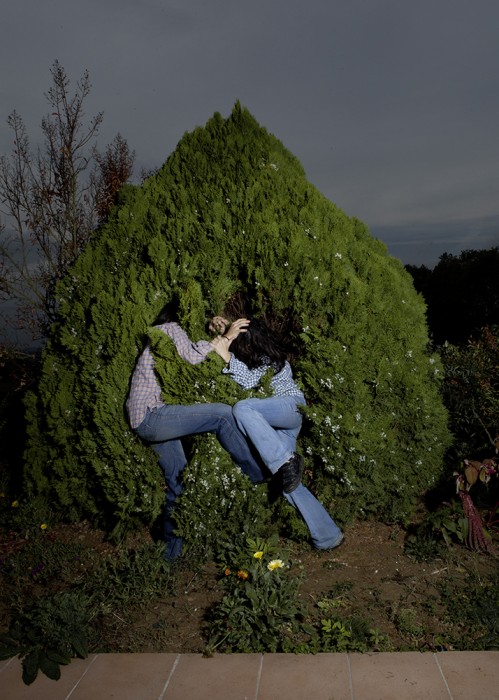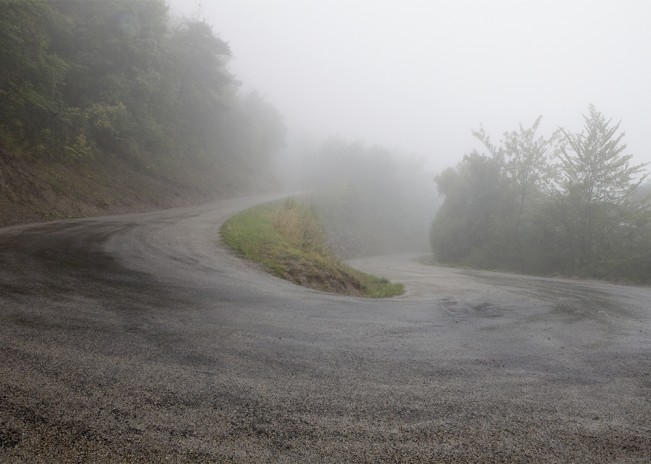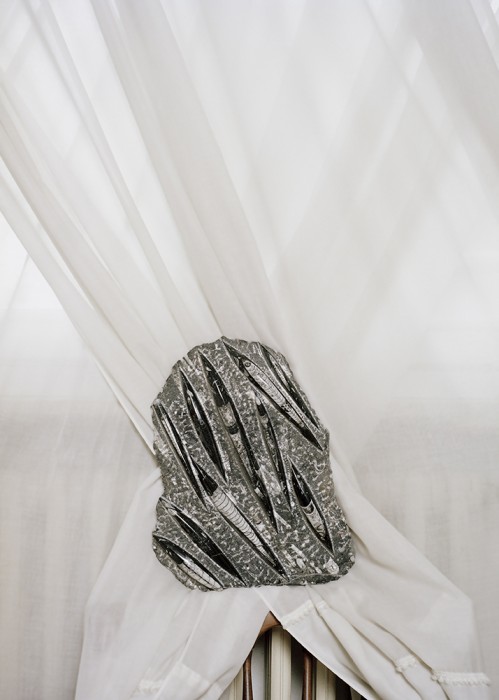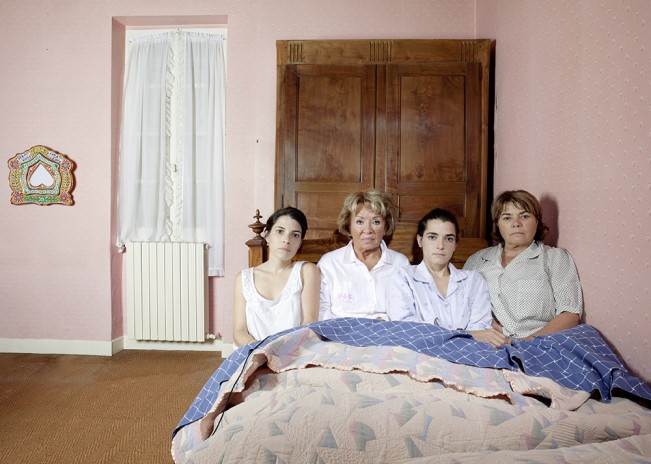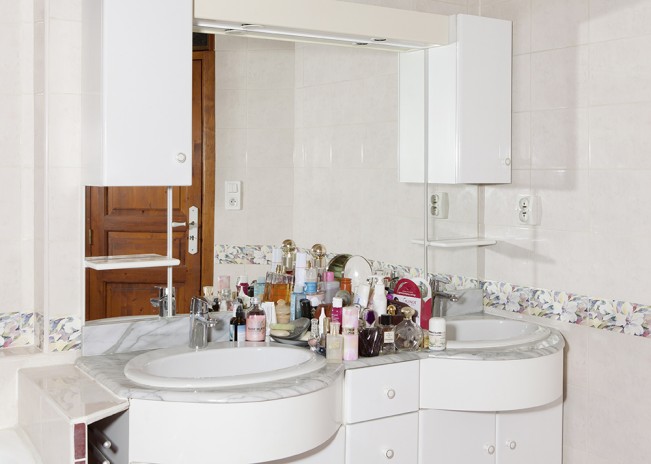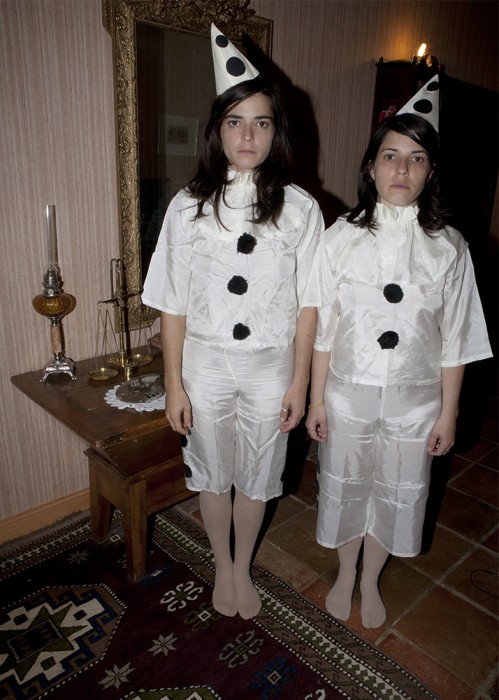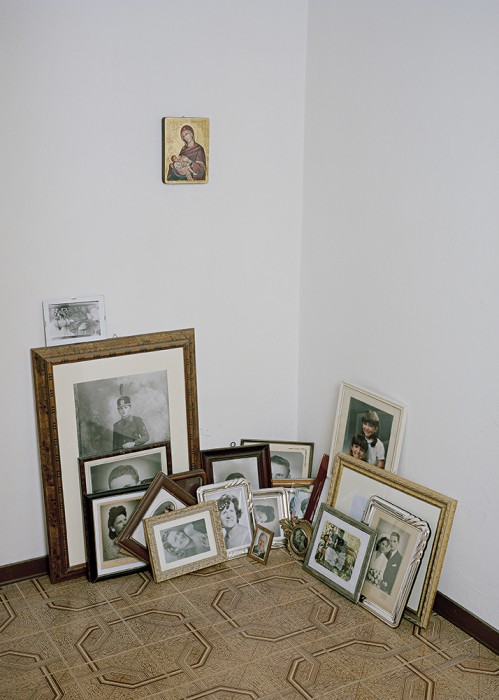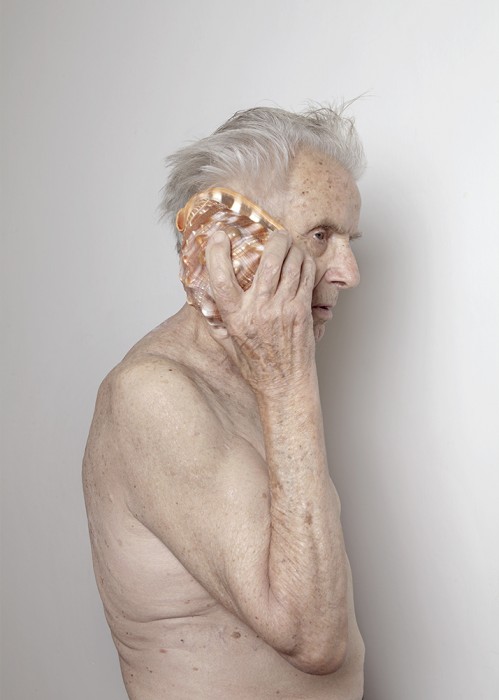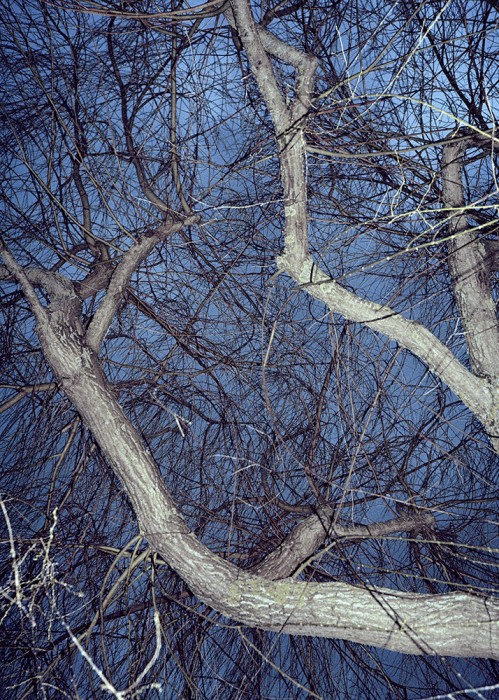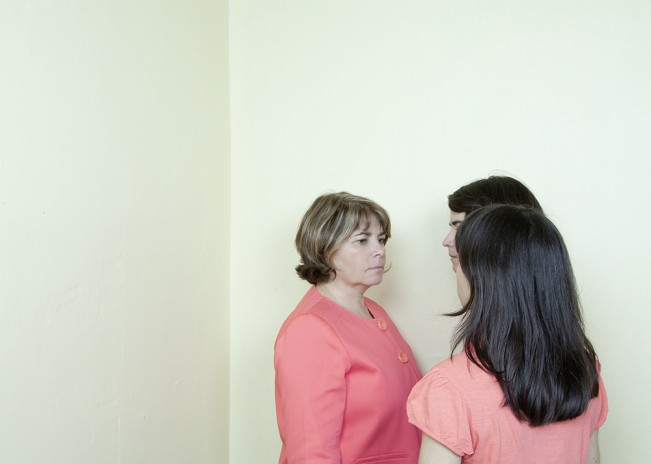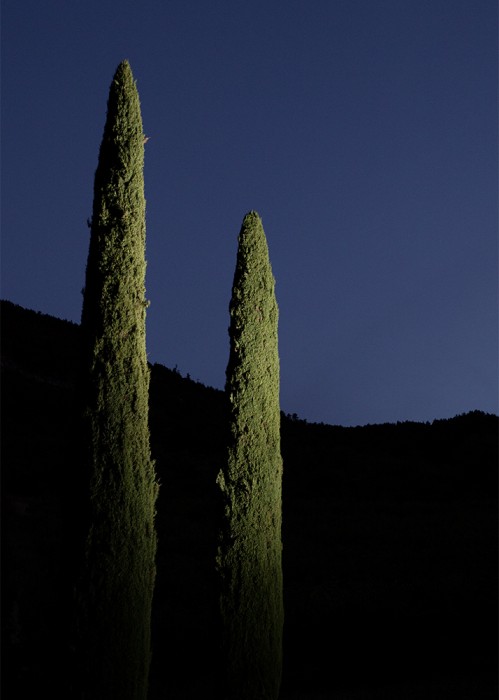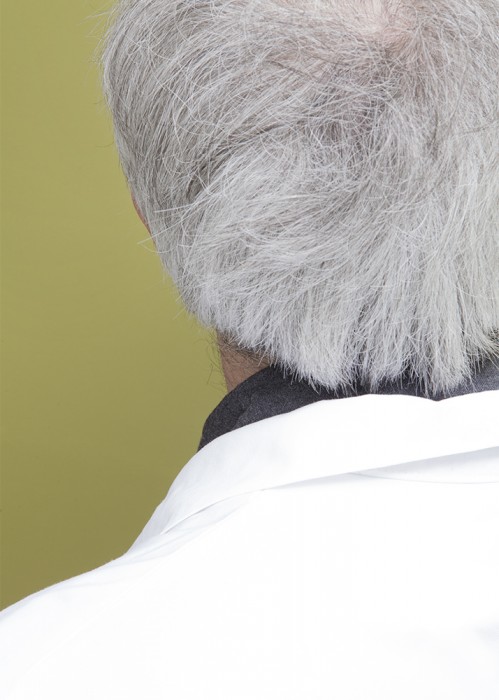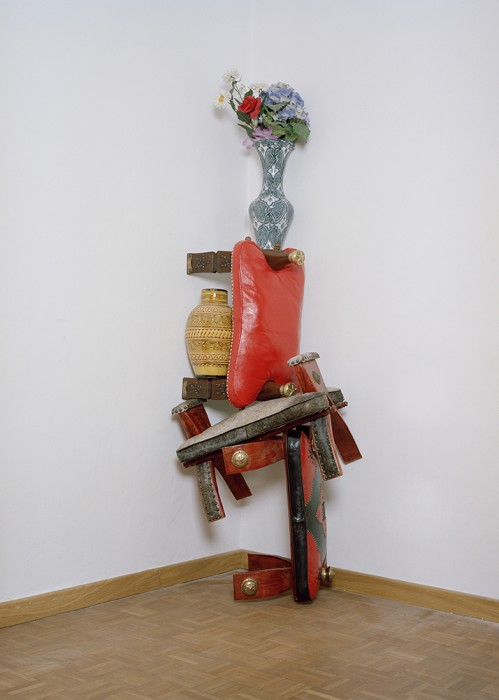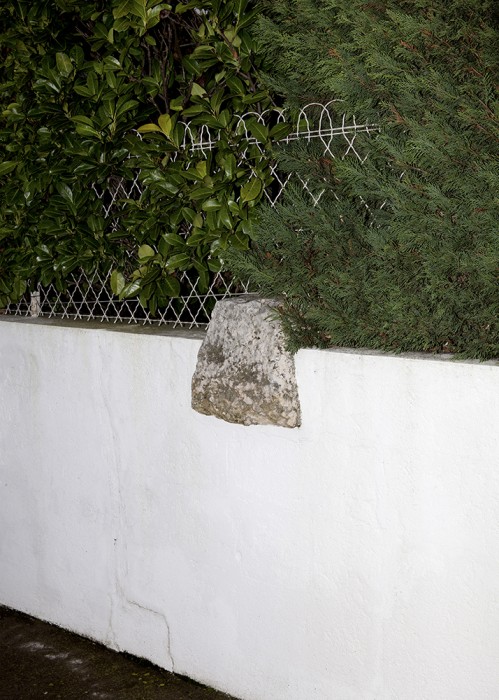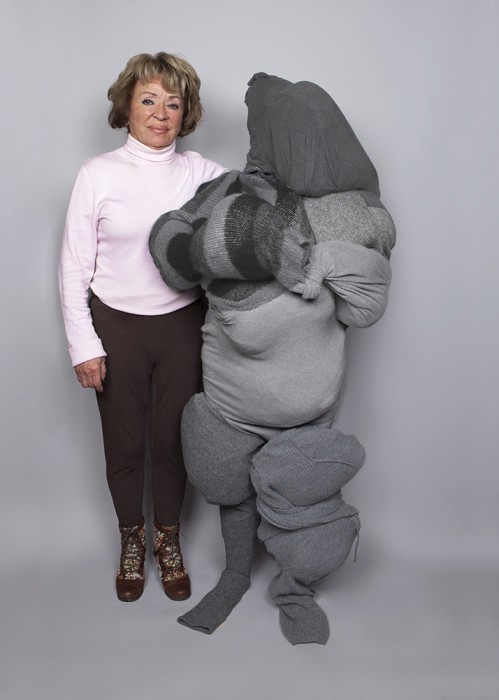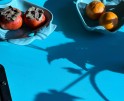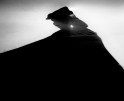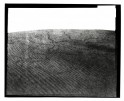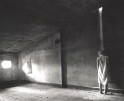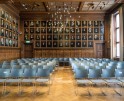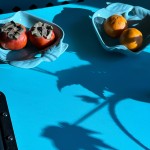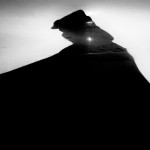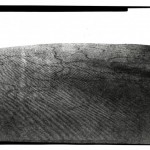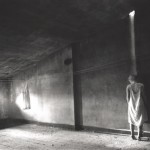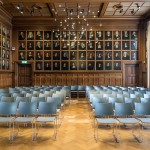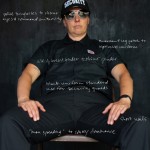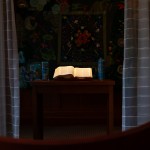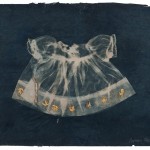Marie-Pierre Cravedi: La Réunion
This week we are sharing work submitted to Lenscratch…
Today’s work visits the idea that a camera can be a talisman that connects and even creates family. In the case of Marie-Pierre Cravedi’s work, it bridges the domestic relationships between mother and daughter, sisters, and also over-arcs generations of memories that are physically present through their tactile objects, but forever lost from the stories they held. Her work glimpses into various visual metaphors and narratives, revisiting her family’s structure and the bonds that tie them together.
Born and raised in Toulouse, Marie-Pierre Cravedi currently lives between Lausanne and Toulouse. She received a Bachelor in cinema from La Sorbonne, a Master in Photography from EFTI School, Spain, and a Master in Art Direction, option Photography, from ECAL in 2013.
After being the assistant of Alberto Garcia-Alix in 2009, she worked as a freelance photographer.
She has exhibited in Toulouse, Madrid, Tarazona and Niamey.
La Réunion
“La Réunion” is a photographic essay on family, this notion including three association types: a home for satisfaction of material needs, an entity watchful of ethical and moral values, and a sentimental link.
The main interest in this work was to tackle the place of individual within the family group. How can each one keep his own identity? How can the relationships work in a group? In an environment as complex as family, how can the camera find its place without changing the attitude of the protagonists.
In family photography, a triangular relationship exists between the photograph (operator according to Roland Barthes), the photographed person (spectrum) and the viewer (spectator). The relationship between the three elements is very tight, as the photographer and the photographed person are very close; the picture will be showed to a viewer, which is also part of the family circle. In the process of image making, a power dynamic, that the operator exerts on the spectrum, is being created. As soon as this triangle changes, for example if the viewer is outside of the family circle, it completely changes the status of the image.
My first approach was concentrated around a place: the family house. Having changed little since my childhood, it is a landmark in a world where everything changes quickly. I have trouble accepting any modification in this house, afraid that memory can be damaged if we take out the tapestries, the floors, and the decoration.
Starting with this place, my reflection evolved towards people, beginning with my sister and me, as this place saw us grow up and evolve. Games together, moments together, evolution together. But these memories live today thanks to the witness that was following us these years and recorded the moments: my mother. It’s finally a three-person relationship that I’m talking about: the photographer and her models.
Used to report on reality, family photography rather reflects a deformed reality, influenced by the place of the photographer in the family, his relationships with the relatives, the way he perceives his family members, the poses of the models, the framing, the choice of the moment… Some members of the family appear more than others: it’s the case of children, who are today the main protagonists of family albums, a trend that began with Hidden Mothers, studio pictures of the nineteenth century, in which mothers were hidden under a sheet so that the child would appear alone.
The connection between reality and fiction is completely present in the memory construction. According to Paul Antze’s works, memory wouldn’t only be a reconstruction, but an imaginary construction. In my work, this idea is obvious as I suggest here my own interpretation of family.
Posts on Lenscratch may not be reproduced without the permission of the Lenscratch staff and the photographer.
Recommended
-
Photography Educator: Lindsay MetivierFebruary 21st, 2026
-
Jonathan Silbert: InsightsFebruary 19th, 2026
-
Olga Fried: Intangible EncountersFebruary 18th, 2026
-
Anne McDonald: Self-PortraitsFebruary 17th, 2026
-
Review Santa Fe: Leslee Broersma: Tracing AcademiaFebruary 11th, 2026

